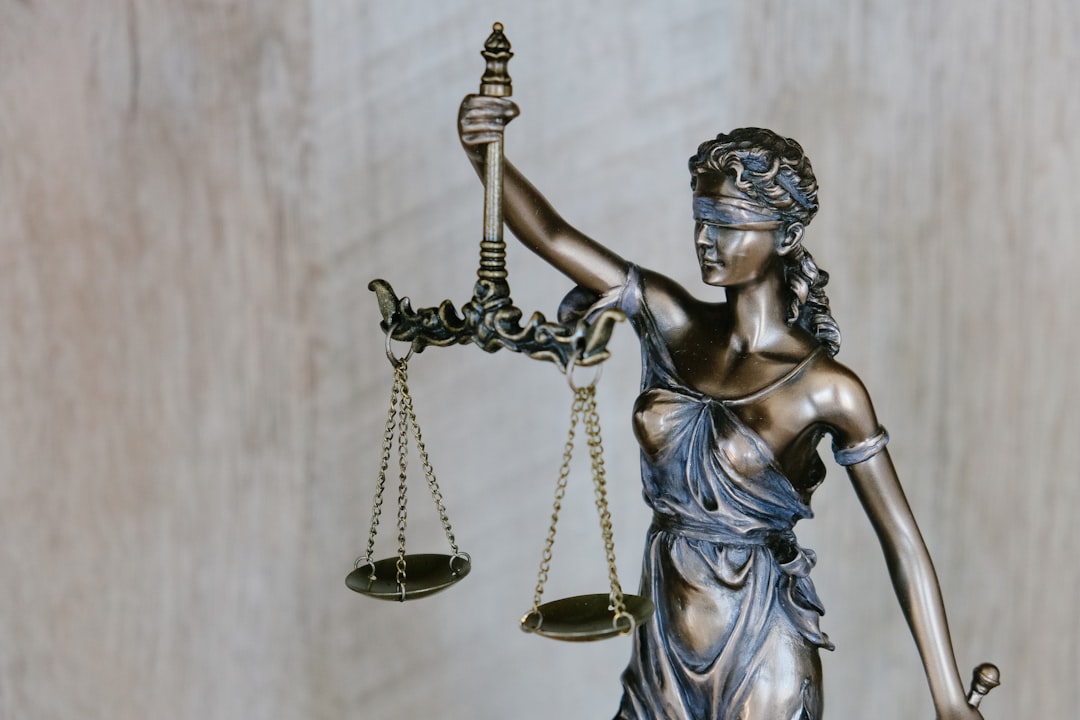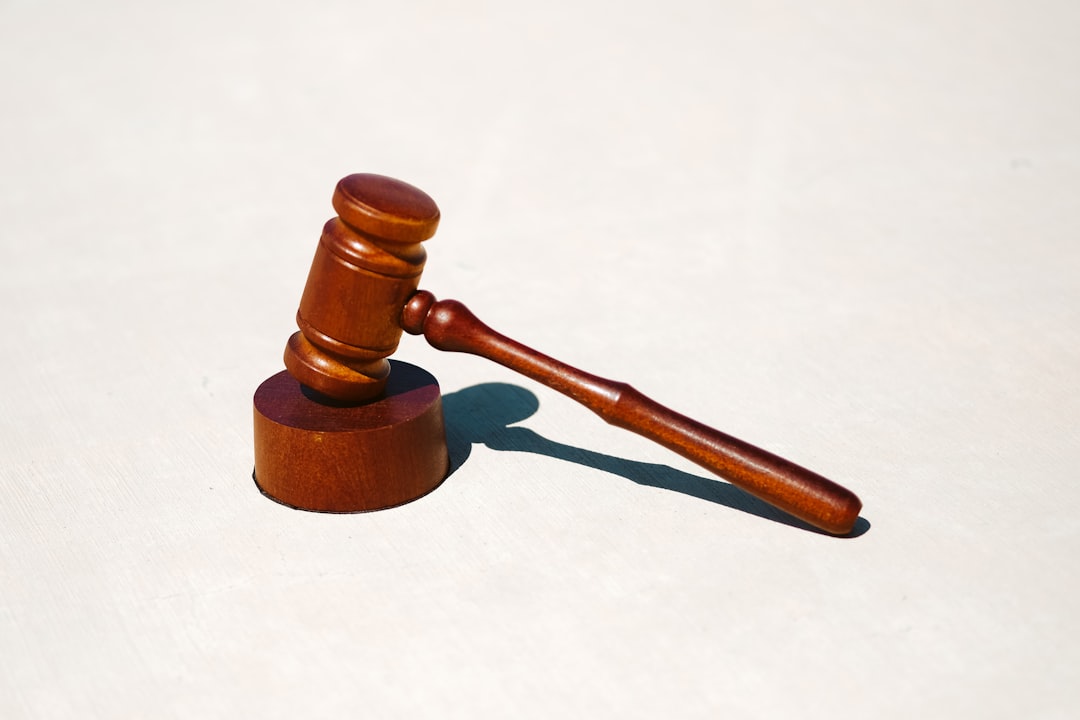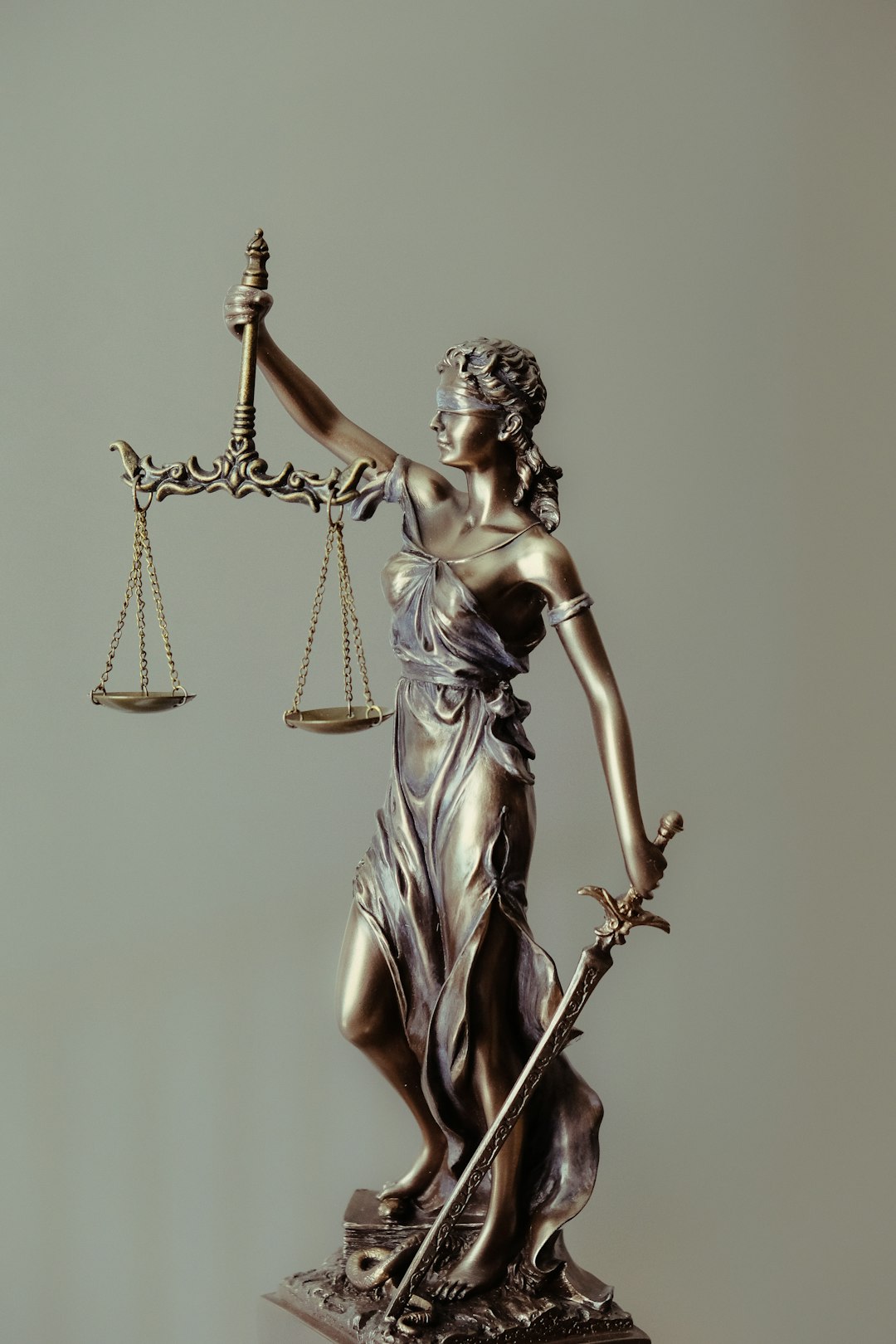School abuse attorneys in Mississippi play a vital role in challenging opposing expert witnesses in Meridian abuse cases by scrutinizing credentials, methodologies, and potential biases. They expose inconsistencies through comparative analysis, cross-examination, and leveraging their knowledge of child development and trauma responses. This strategic approach strengthens cases and ensures justice for abuse victims while navigating state laws governing expert witness testimony.
In Meridian, Mississippi, challenging opposing expert witnesses in abuse cases is a critical component of achieving justice. This article guides readers through the intricate process of understanding and countering these testimonies, essential for school abuse attorneys aiming to protect their clients’ rights. We explore effective strategies to assess credibility, uncover biases, and discredit findings. Additionally, we delve into Mississippi’s legal framework governing expert witness testimony in abuse suits, empowering attorneys with the knowledge to navigate this complex landscape successfully.
Understanding Opposing Expert Testimonies in Meridian Abuse Cases

In Meridian abuse cases, opposing expert witnesses play a significant role in shaping the narrative and outcome of trials. These experts are often engaged by both plaintiffs and defendants to provide insights and opinions on complex issues related to child abuse, trauma, and its long-term effects. Understanding their testimonies is crucial for school abuse attorneys in Mississippi who aim to navigate these intricate legal battles effectively.
Plaintiff’s expert witnesses typically offer evidence and analysis that supports the victim’s claims, while defense experts may present counterarguments and challenge the validity of the plaintiff’s assertions. School abuse attorneys must carefully analyze these opposing perspectives to build a robust case. By understanding the methodologies, qualifications, and biases of each expert, attorneys can expose inconsistencies, question credentials, and strategically cross-examine witnesses, ultimately aiming to sway the jury in their client’s favor.
Strategies to Challenge Their Credibility Effectively

In challenging opposing expert witnesses in Meridian abuse cases, especially those involving school abuse attorneys in Mississippi, a strategic approach is essential. One effective method is to scrutinize their qualifications and expertise. This involves thorough cross-examination on their academic background, professional experience, and any potential biases. Questions about their publications, research, and peer recognition can also expose inconsistencies or areas of weakness.
Additionally, school abuse attorneys should highlight contradictions in the opposing witness’s testimony. Comparing their statements with available evidence, previous depositions, or even their own prior expert reports can reveal discrepancies. Demonstrating these inconsistencies can significantly impact the credibility of the witness, leaving the jury with doubts about the validity of their opinions. This strategy requires meticulous preparation and a deep understanding of both the law and the specific case details.
The Role of School Abuse Attorneys in Cross-Examination

In challenging opposing expert witnesses in Meridian abuse cases, school abuse attorneys in Mississippi play a pivotal role. They are adept at scrutinizing complex medical and psychological opinions, aiming to expose inconsistencies and weaknesses that may undermine the credibility of the witness. Through cross-examination, these attorneys delve into the methodologies, data sources, and underlying assumptions used by the expert, often revealing gaps or biases that affect the reliability of their testimony.
School abuse attorneys leverage their deep understanding of child development, trauma responses, and relevant medical literature to effectively question opposing experts. They present alternative explanations for the victim’s symptoms, challenge the accuracy of diagnoses, and highlight potential alternative causes, all while maintaining a respectful yet rigorous examination. This strategic approach not only strengthens their own case but also ensures that justice is served for victims of abuse in Mississippi.
Legal Techniques to Discredit Their Findings and Opinions

In challenging opposing expert witnesses in Meridian abuse cases, school abuse attorneys in Mississippi employ various legal techniques to discredit their findings and opinions. One common approach involves cross-examining the witness about the methodology used to reach their conclusions. This can include questioning the reliability of data sources, the validity of assumptions, and the relevance of case specifics that might skew the expert’s perspective.
Attorneys also scrutinize the expert’s credentials and prior testimony to identify inconsistencies or areas of expertise that may not be directly applicable to the case at hand. By highlighting these discrepancies, lawyers aim to cast doubt on the witness’s objectivity and the soundness of their opinions. This strategic approach helps school abuse attorneys present a compelling case, ensuring that the jury receives unbiased and well-supported evidence.
Mississippi Laws Governing Expert Witness Testimony in Abuse Suits

In Mississippi, the admissibility and credibility of expert witness testimony in civil suits, particularly those involving school abuse allegations, are governed by specific laws designed to ensure fairness and reliability. These rules allow for the presentation of specialized knowledge to assist juries in complex matters. School abuse attorneys in Mississippi must navigate these legal frameworks when challenging or supporting opposing expert witnesses.
The state’s evidentiary codes outline criteria for qualifying experts, requiring them to possess relevant expertise and have adequate knowledge to testify about specific subjects. Judges play a crucial role in screening experts, ensuring their testimony is grounded in scientific methods and not speculative. This process helps maintain the integrity of the judicial system by preventing untested or unreliable opinions from influencing jury decisions, especially in sensitive cases like school abuse lawsuits.






